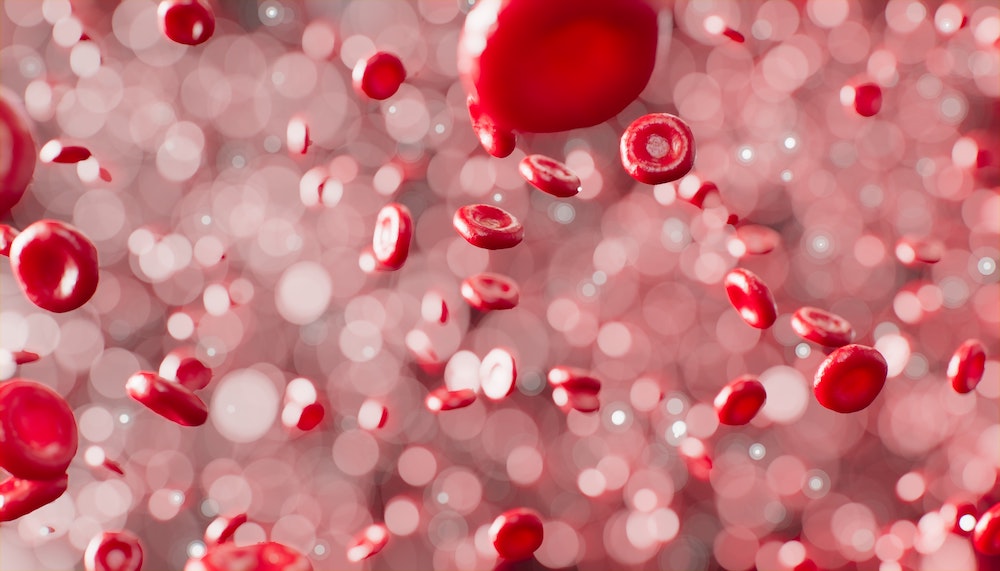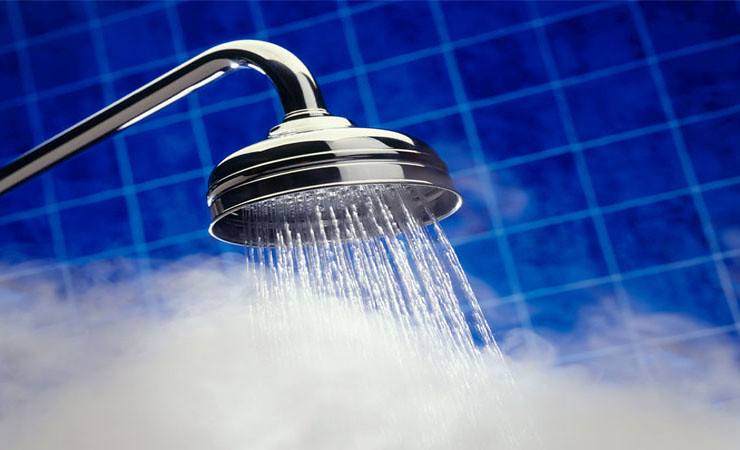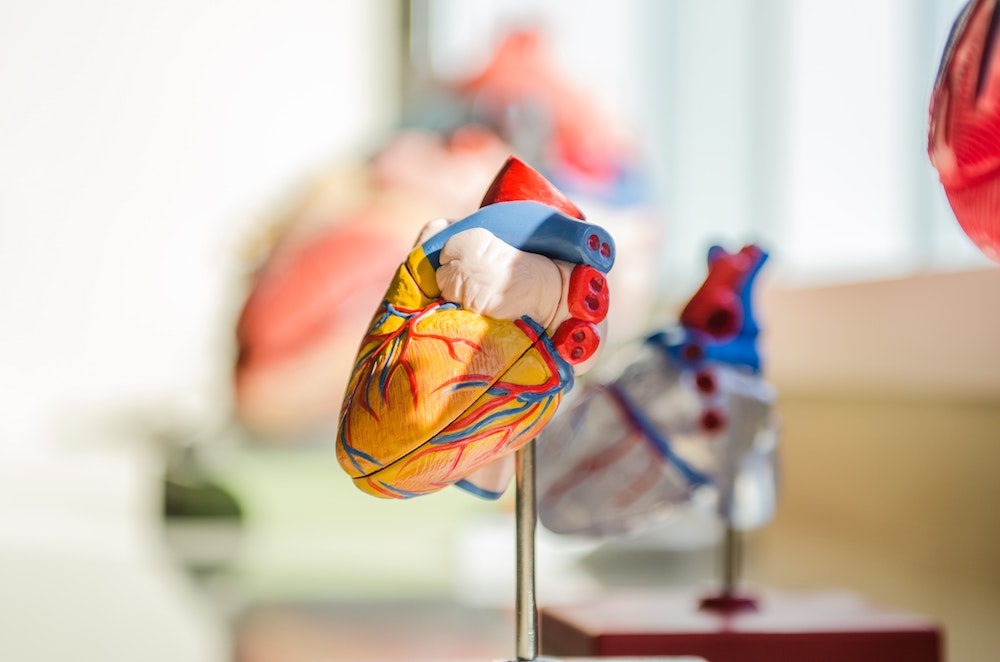It’s hard to imagine why people would willingly subject themselves to a cold shower…
Or is it?
Dating back to Ancient Greece, water therapy has been used for centuries to alleviate pain and other ailments, and both temperature types come actually with their respective health benefits.
To learn if a cold or hot shower is best for you, let’s break down the benefits of each shower type.
Cold Shower Benefits
1. Fends Off Feelings Of Depression
Depression is a debilitating mood disorder and with estimates showing 280 million people worldwide are affected.
One study claims that a lack of “thermal exercise” (e.g., cold swimming) as experienced by our primate ancestors for survival may contribute to poor brain function or feelings of depression.


This hypothesis was put to the test when participants were asked to take five-minute cold showers, two to three times a week. Exposure to the cold temperature showed to:
- Activate the sympathetic nervous system
- Increase the release of noradrenaline in the brain
- Send electrical impulses to the brain, working similarly to an anti-depressant
Because cold showers are such a shock to our bodily systems, they can increase alertness and energy levels, thus releasing endorphins, i.e., the happiness hormone.
2. Increases Blood Flow And Circulation (Ideal For Post Workout)


There’s a reason athletes jump in ice baths with glee after an intense workout — it cuts down on recovery time and reduces inflammation in injured areas.
The ideal temperature for optimal results is still up for debate but research supports the above as studies show cold water bathing can reduce the effects of sore muscles and perceived exertion after exercise.
Moreover, this speedy recovery time is due to how a blast of cold water activates the circulatory system, triggering the body to increase blood flow to protect vital organs quickly.
3. Boosts The Immune System
While hot showers mitigate common cold symptoms, cold showers may provide a boost your immune system needs to prevent their onset entirely.
During the 2018 cold and flu season, Dr. Geert A. Buijze and his team asked volunteers to finish their showers for 30 days with a blast of cold water, ranging from 30, 60, to 90 seconds.
The results showed that those who endured the freezing temperature had 29% fewer sick days from work than the control group.
Moreover, the duration of the shower didn’t make a difference and surprisingly two thirds of the participants opted to continue taking cold showers after finishing the study.
“This is the first high-level evidence of cold showers benefiting health,” says Buijze.
“However, the effect on the immune system needs further study as we only have some knowledge of the pathway through which it works.”
4. Stress Reducer


Let’s be real — bathing in cold water feels unpleasant in the moment, but could it potentially reduce your stress after leaving the shower?
When you take a cold shower, your “fight or flight” response is activated, triggering the release of stress hormones such as cortisol, norepinephrine, and adrenaline.
Further research is needed but it’s theorised that exposing your nervous system to freezing temps, even for just five minutes a day, can make you more resilient towards the stress in your life.
Hot Shower Benefits


1. Improves Memory
Do you have trouble solving sudoku or crossword puzzles? It may be time to turn your shower up to its maximum heat.
A study suggests an elevation in body temperature from showering in hot water improves areas in the brain related to memory and learning.
By studying the brain-derived neurotrophic factor (BDNF), a protein in the brain and spinal cord that:
- Promotes neuronal plasticity
- Suppresses cell death
- Plays a role in memory, learning, and mood disorders
Researchers found increased BDNF levels in participants who took a 20-minute hot shower than those who took a 20-minute warm shower.
2. Better Sleep


Like diet and exercise, sleep is vital to your health and well-being, but it often gets overlooked.
Besides adhering to a sleep schedule and staying off your phone before bed, there’s more you can do to improve the quality of your sleep, and that includes taking a hot shower.
According to the National Heart, Lung, and Blood Institute (NHLBI), when you take a hot shower your body’s temperature drops, causing you to feel drowsy and more relaxed for bed.
Further research also supports this as participants in a sleep study reported “less restlessness” and “quickness of falling asleep.”
Read More: 10 Things Not To Do Before You Sleep
3. Alleviates Congestion
Now, we’re not suggesting a hot shower is a cure for the common cold, but it will alleviate congestion in your nose, throat, and lungs.
The steam that emanates from a hot shower opens your nasal passages, relieves sinus pressure, and loosens trapped mucus.
4. Improves Cardiovascular Health


A daily hot shower may play a part in keeping your heart healthy.
Research shows bathing in warm water:
- Has similar physiological effects to those seen in exercise
- Widens blood vessels and increases blood flow
- Activates the heat shock protein which stabilises several other proteins that work to regulate the cardiovascular system
Additionally, research shows that bathing in hot water for 15 minutes improves cardiac function in patients with chronic health failure.
Cold Shower vs Hot Shower: What’s Best For You?
Whether a cold or hot shower is best for you largely depends on the benefits you’re looking to receive.
For example, a cold shower is a shock your system needs to wake up in the morning and elevate your mood throughout the day.
In contrast, a hot shower will wind you down, relax your muscles before bed, and improve your quality of sleep.
In Short
The use of water as a therapy isn’t a new phenomenon — it’s a natural remedy that’s been around for centuries.
If you’re apprehensive about immersing yourself in piercing cold or scolding heat, know that studies often cite quick bursts of both temperatures as enough to see desired results.


